- Shifting Gears: New Attack Helicopters and Smarter Drones to Replace Scout Helicopters
- Jobs Saved in Pennsylvania as Senators Casey and Scanlon Applaud Decision
Reviving the Chinook: A Strategic Shift in Military Aviation
In an era where the dynamics of warfare are rapidly evolving, the U.S. Army has made a pivotal decision to rejuvenate the Chinook helicopter program at Boeing’s Ridley Park plant, a move that is anticipated to secure jobs and enhance military capabilities for the next two decades.
This strategic shift, reported by The Philadelphia Inquirer, underscores the Army’s response to the changing landscape of combat, particularly emphasizing the increased reliance on drones and the need for upgraded heavy-lift capabilities.
From Scout Helicopters to Advanced Chinooks and Drones
The Army’s recent announcement marks a significant redirection of its aviation strategy. It has halted the development of the Future Attack and Reconnaissance Aircraft, a project by Lockheed Sikorsky and Bell Textron aimed at producing new scout helicopters. Instead, funds are being reallocated to upgrade up to 425 Boeing Chinook CH-47 helicopters and to expedite the development of next-generation unmanned aircraft and new attack helicopters slated for completion by 2030.
This decision is rooted in the “lessons learned and a sober assessment” of recent conflicts, notably in Ukraine, where drones have demonstrated their ability to effectively counter conventional forces at a fraction of the cost. The Army’s adaptation reflects an acknowledgment of the growing significance of agile, unmanned systems in modern combat scenarios.
A Lifeline for Boeing’s Delco Plant
The redirection not only promises to bring technological advancements to the forefront of the U.S. Army’s operations but also serves as a crucial lifeline for the Boeing plant in Ridley Park, Pennsylvania. The plant, which employs 4,000 workers, faced the prospect of a shutdown when a Pentagon decision in 2019 put the Chinook upgrade program on hold. The revival of the Chinook project, therefore, is not just a win for military modernization but also for job preservation in the region.

Elected officials, including Senator Bob Casey (D., Pa.) and U.S. Representative Mary Gay Scanlon (D., Pa.), have been instrumental in advocating for the continuation of the Chinook program, highlighting its significance for both national security and local employment. The Army’s turnaround has been met with widespread approval, signaling a renewed confidence in Boeing’s heavy-lift capabilities.
The Future of Military Aviation
The strategic pivot towards enhancing the Chinook fleet and investing in advanced Drone Technology indicates a broader modernization effort within the Army, described by Secretary of the Army Christine Wormuth as the most significant since the early 1980s. This modernization encompasses not just the transition to more capable and versatile unmanned systems but also explores the potential of electric, hybrid, and hydrogen-fueled aircraft, reflecting a commitment to innovation and adaptability in the face of evolving global threats.
The Army’s decision to prioritize the Chinook upgrade and drone development is a testament to the changing nature of warfare and the critical role of unmanned systems in future combat operations.
As the Army embarks on this ambitious modernization journey, the implications for national security, technological advancement, and regional employment are profound, heralding a new era in military aviation that promises to reshape the battlefield for years to come.
Key takeaways:
- The U.S. Army is upgrading its Chinook helicopters and investing in next-generation drones.
- This decision comes after a review of recent conflicts, which has shown the effectiveness of drones.
- The move will save jobs at Boeing’s Ridley Park plant in Pennsylvania.
- The Army is adapting its strategy to the changing nature of warfare.
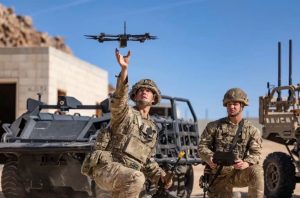


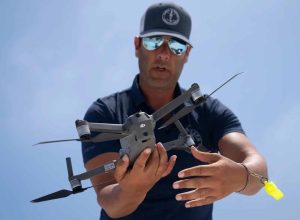

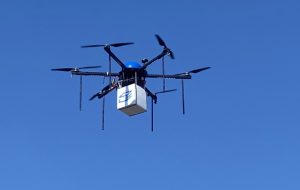


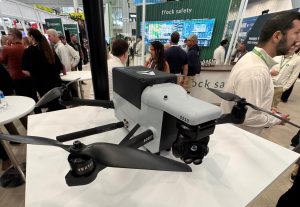
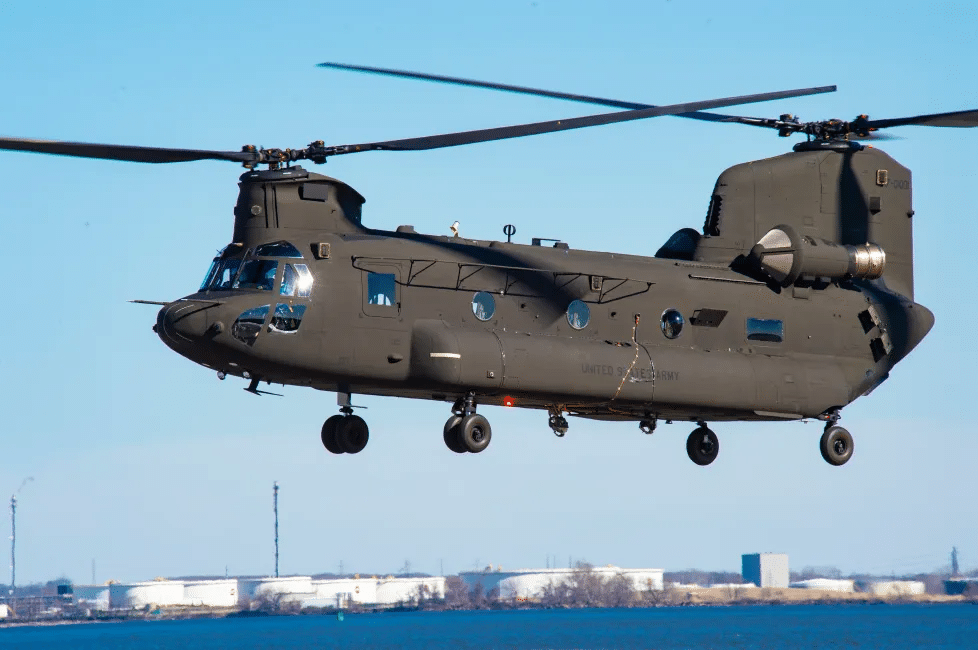

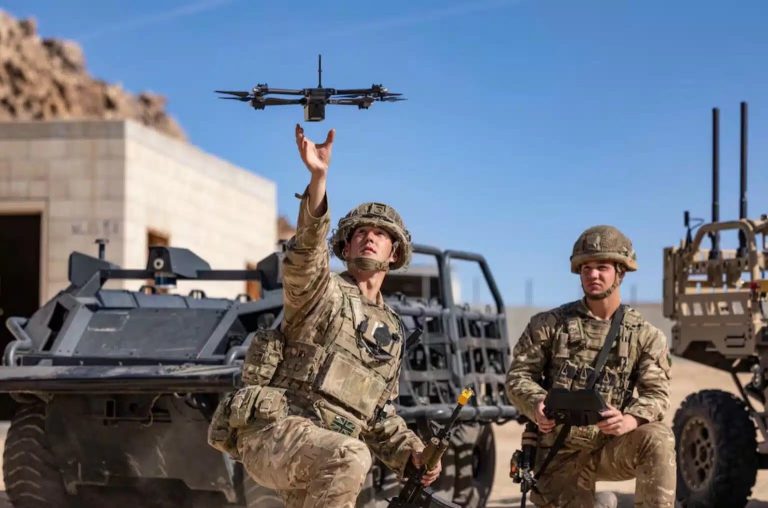




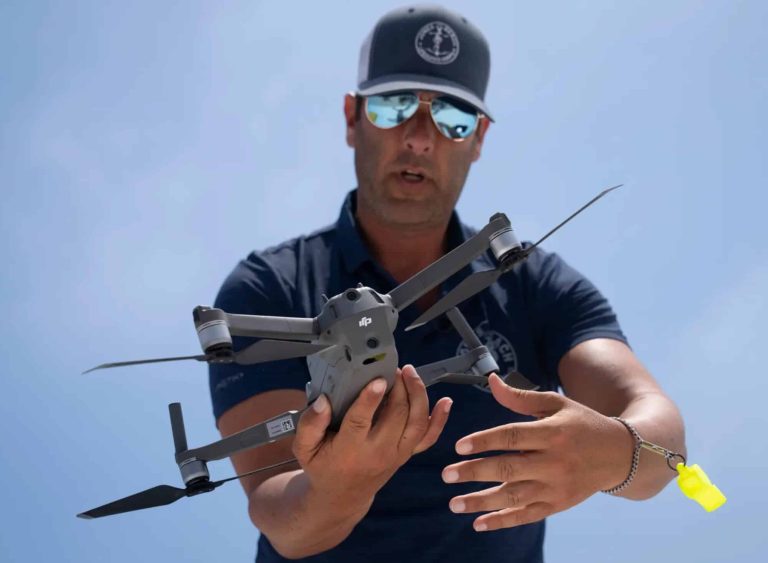

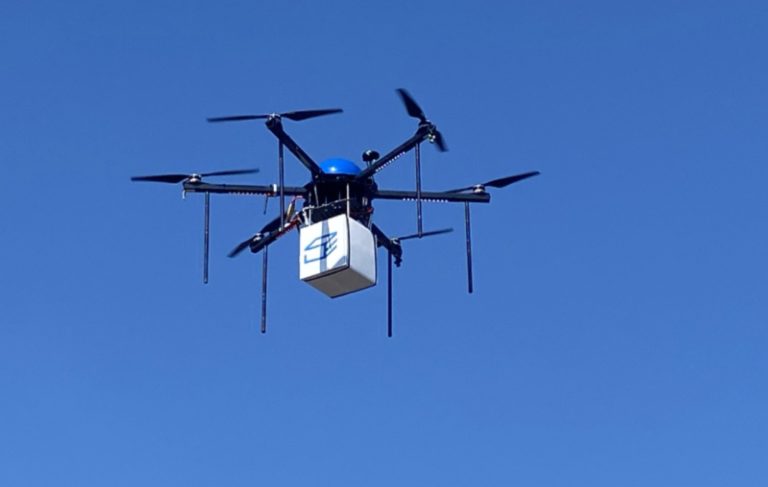


+ There are no comments
Add yours